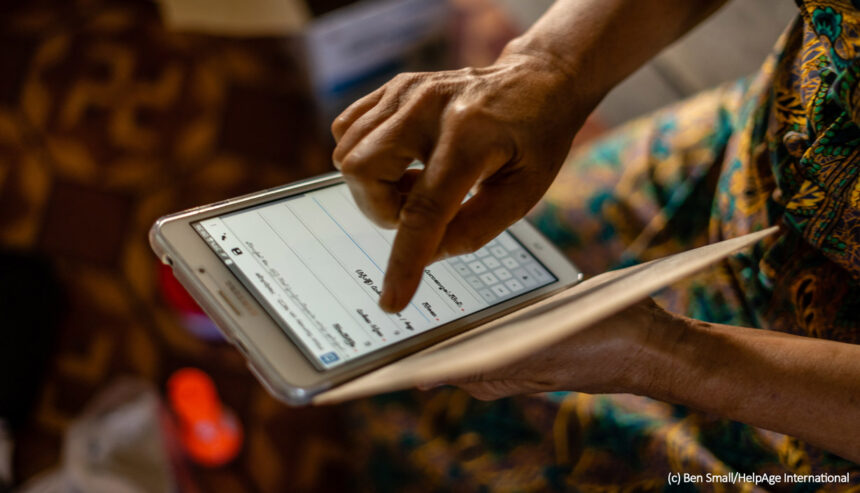The population of Myanmar is experiencing rapid change both politically and socially. The ongoing changes are described as, “a complex combination of vulnerability to natural disasters, food and nutrition insecurity, armed conflict, inter-communal tensions, statelessness, displacement, trafficking and migration”[1]. With this changing political and social environment, the population is more vulnerable to stress which can lead to mental health disorders. Though recent data is not available, mental health issues in Myanmar are highly likely to have deteriorated due to the ongoing COVID-19 crisis, combined with the political turmoil and instability that has taken place since 1 February 2021[2]
According to a WHO synthesis of 129 studies, “one in five people in conflict-affected populations have mental health conditions”, namely depression, anxiety, post-traumatic stress disorder, bipolar disorder, and schizophrenia. The report concludes that “the burden of mental disorders is high in conflict-affected populations […] and given the large numbers of people in need and the humanitarian imperative to reduce suffering, there is an urgent need to implement scalable mental health interventions to address this burden.”[3]
“We should also not forget that mental health, diabetes, hypertension and lung diseases are all NCDs. People who are depressed or have a mental health condition are at a risk of other NCDs; and may also have suboptimal nutrition, resulting in increased rates of obesity or malnutrition. Although this project focuses on diabetes and hypertension, the mental health aspect is very important” explained Dr Jaap Koot, SUNI-SEA project coordinator.
Considering the challenging situation in Myanmar and the increasing demand for mental health support, the SUNI-SEA project has been adapted to respond to the changing context, challenges, and priority needs. The project will shift from community volunteers conducting group screening to a self-care model. With the self-care approach individuals will be able to download a mobile phone application, comprising questions to identify risk factors for diabetes and hypertension, and in addition use validated mental health assessment tools to screen for symptoms of anxiety, depression, and PTSD. The screening app also includes recommendations for self-care to help prevent and manage NCDs; and provides advice on coping strategies for mental health issues. If individuals are identified at risk for diabetes and/or hypertension, and/or they receive a high score on one of the mental health assessments, they will be referred by the community based Inclusive Self-Help Groups (ISHGs) volunteers to available health care providers. In addition to the mobile application, the team is adapting a mental health training module for ISHG volunteers, to strengthen their skills to be able to provide basic psychosocial support counselling to people in their community. Awareness raising videos on mental health for community members are also in the process of development.
The Myanmar team is currently in the process of finalising the design of the mobile phone self-care application using District Health Information System software (DHIS2). Using the DHIS2 software for self-care is an interesting innovation. Normally, the DHIS 2 software is used at all levels of the health system as a national health information management system, and not as a self-care and screening tool.
Written by: Khin Hnin Swe and Claire Stein, HelpAge International




